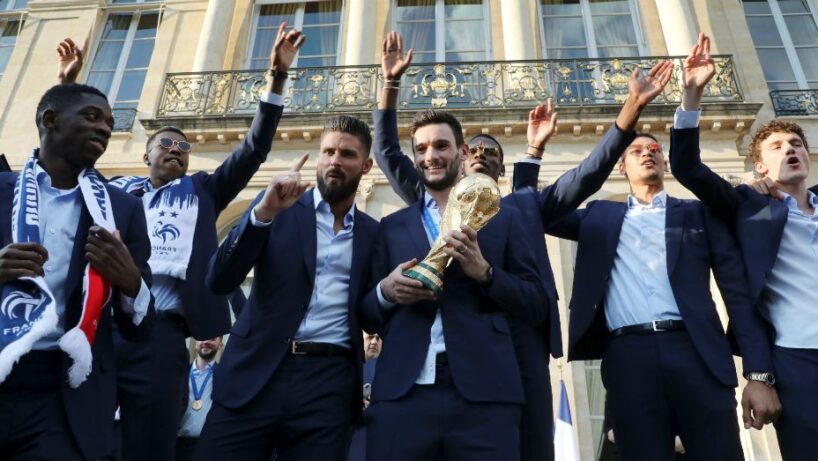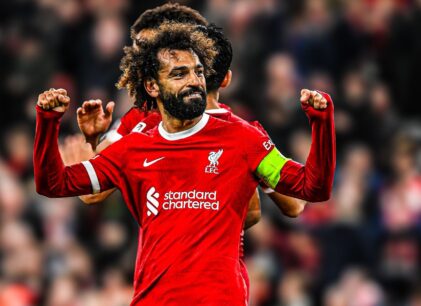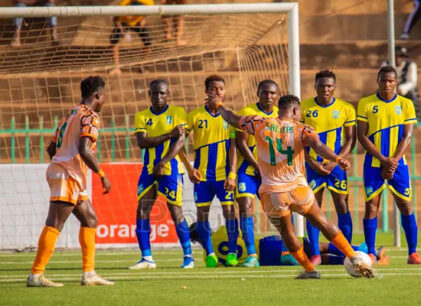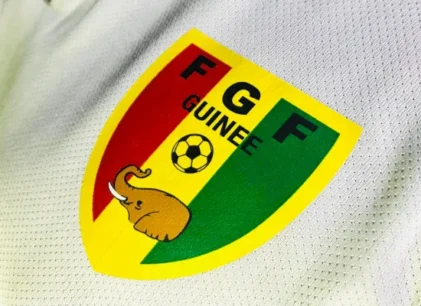With France, current world champions, Denmark, semi-finalist of the last Euro and the tough Australia, Tunisia has inherited a strong group, as always since it participates regularly in the World Cup.
France
Les Bleus are not in the best of shape moving towards Qatar, where they will defend their world title obtained in 2018 in Russia, (the second one after 1998) where nobody really expected them after a first round that we will modestly describe as slow. A year ago, France validated its ticket to the Persian Gulf without too much effort against Ukraine, Finland, Bosnia-Herzegovina and Kazakhstan, just after having won the Nations League, adding an extra line to its record, which is always good for the ego and morale.
Since then, the Tricolores have lost the right to defend this last trophy in June, badly beaten by Denmark in the qualifiers (1-2, 0-2). They also lost Ngolo Kanté and Paul Pogba (injured) as well as center back Raphael Varane. On the positive side, Karim Benzema, who is in the form of his life, logically won the Ballon d’Or, Antoine Griezmann is back to his best level under the Atletico Madrid jersey, while Kylian Mbappé does not cease to impress the statistics board when playing for France.
https://twitter.com/i/status/1579522431060152321
With these offensive arguments, completed by other less talented players but essential to its good balance, France is logically perceived as the favorite of this group.
Denmark
The Tunisians know it well, but a little reminder is never superfluous. Starting a World Cup against Denmark is anything but a gift. The Scandinavians, whom European soccer has learned to take very seriously, have the ideal profile to stretch their course in Qatar. Maybe not until the end, even if, during the last Euro, those that nobody expected, and especially not after the heart attack of Christian Eriksen during the first match against Finland under the horrified eyes of the Copenhagen public, had reached the semi-finals, against England (1-2 after extra time) and a referee not always objective. Since then, the Danes have not let their guard down. They qualified by winning 9 of their 10 matches, scoring 30 goals in the process, shook France in the Nations League (2-0, 2-1), but not enough to play the Final Four, and delighted their fans with an offensive, pleasant and technical soccer.
The image of a rough and tumble Scandinavian soccer belongs to the distant past, even if, if you look hard enough, it should still be possible to find championship matches with a rather simplistic game plan. This is not really the philosophy of Kasper Hjulband, the coach of the Danish Dynamite, who is rather fond of a polished game. It just so happens that the 50-year-old has all the human material to satisfy his ideas. The Danish squad, populated by good players, with a technical profile (Eriksen, Delaney, Skov Olsen, Braithwaite, Dolberg), is guided by an emblematic captain (Simon Kjaer) and animated by a state of mind that exudes serenity.
Australia
Don’t expect to see fanciful football watching Australia’s games. To put it simply, their style is direct, efficient, but not necessarily boring. In short, this selection has everything to become a difficult and addictive opponent, which the French remember very well, since they had all the trouble in the world to beat them in 2018 (2-1), in the opening match of the group. Four years later, the Socceroos will once again open their sixth World Cup against Les Bleus, who have rarely been sparkling at the start of a major competition. The Australians’ objectives are obviously not the same as those of the defending champions.
In five participations, they have only once passed the first round (in 2006), and this year again, with France and Denmark as main rivals, but also a very determined Tunisia, Graham Arnold’s players do not start with the favors of the pundits. None of the members of the squad, whether they are executives (Ryan, Mooy, Saintsbury, Irvine, Degenek, Rogic…) or not, play in a top European club. Australian internationals play at home, but also all over the world, especially in England and Scotland, and also in Qatar, Japan, Germany, France or Denmark. Nothing scary on paper. But on the field, Australia, who had to go through the play-offs – against the United Arab Emirates (2-1) and Peru (0-0, 5-4 on penalties), is not the most docile opponent one could dream of but clearly could spring up serious surprises in the group.





